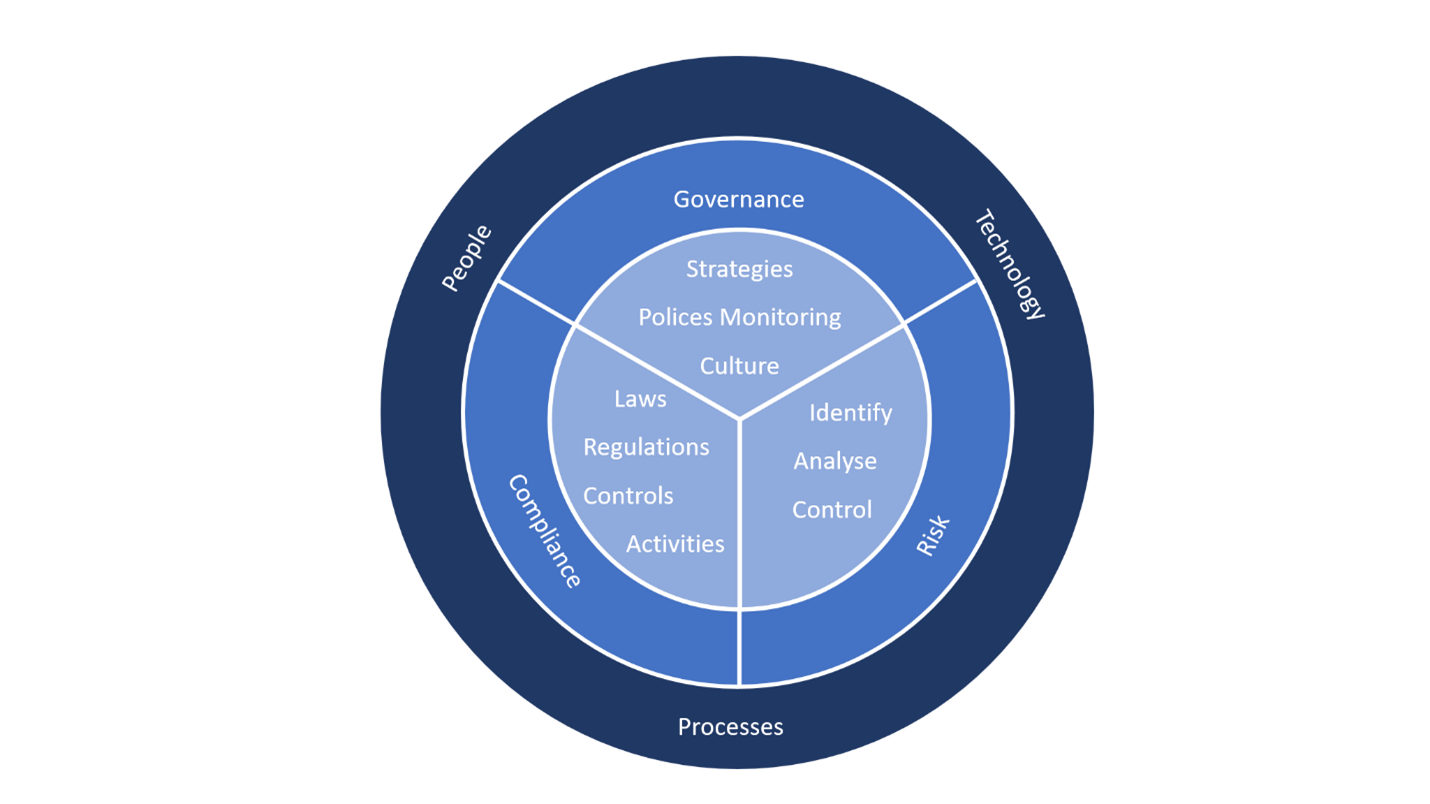Is navigating the labyrinth of employment background checks becoming a Herculean task for your organization? Ensuring "managed state compliance" in background checks isn't just a recommendation; it's the cornerstone of a legally sound and ethically responsible hiring process, shielding your company from potential legal liabilities and reputational damage.
The world of background checks is a dynamic landscape, constantly reshaped by evolving laws and regulations. Businesses, especially those with a footprint across multiple states or even countries, must diligently stay abreast of these changes. Each jurisdiction often has its own distinct set of rules and guidelines that dictate how these checks are conducted. This complexity can be overwhelming, leading to the potential for non-compliance and the resulting penalties.
To further clarify, here's a table summarizing key aspects of "Managed State Compliance" in the context of employment background checks:
| Aspect | Description |
|---|---|
| Definition | The systematic process of ensuring that background checks adhere to all applicable state, federal, and local laws and regulations. |
| Key Components |
|
| Importance |
|
| Challenges |
|
| Solutions |
|
For a deeper dive into the intricacies of background check compliance, consider exploring resources from the Society for Human Resource Management (SHRM). You can find valuable insights on their website: SHRM Website.
The typical background check is designed to give you confidence in your hiring decisions. Criminal record searches are a common element, but background screenings are tailored to the industry and the specific job requirements. Remember to always review your background check consent forms carefully.
One of the critical components of a successful background check program is understanding the legal landscape. This is where "managed state compliance" becomes essential. Its the process of ensuring that the background check aligns with all applicable laws and regulations. Consider that a company operating in multiple states or even countries faces a complex web of legal requirements, since each location might have unique rules governing background checks.
"Managed state compliance" refers to the ability for businesses and organizations to adequately meet the requirements of a given state or jurisdiction. In the face of the constant evolution of these regulations, a proactive stance is critical. State and local laws can influence how background checks function. For instance, "Ban the Box" laws, which restrict inquiries about criminal history on job applications, are becoming increasingly common, influencing the timing and scope of background checks.
Let's delve into a scenario. Imagine an individual who provided a fabricated bachelor's degree to secure a job requiring one. They have a clean record no criminal history, good credit, and no drug incidents. The next step is a background check, often conducted by firms like Sterling. In such cases, even with the absence of negative findings, discrepancies in provided credentials may lead to the job offer being rescinded. Communication with the applicant is crucial in these situations.
If you make a decision not to hire a candidate based on background check information, the adverse action process must be followed, which includes the right to a copy of the background check report and an explanation of their rights under the FCRA.
Early risk identification and mitigation is a critical part of development managed compliance. Incorporating compliance requirements into the development process allows proactive steps to address potential risks. This approach avoids costly retrofits and rework, with systems designed with compliance in mind from the start.
Background check providers offer managed compliance solutions tailored to a company's specific needs. These solutions help you set clear criteria and provide tools for individual assessment, ensuring that the process stays ahead of changing legal requirements.
The state of screening compliance is evolving, with a surge of legislation impacting background checks accelerating into 2024. Several companies have conducted surveys to understand organizations compliance concerns, challenges, and how practitioners are managing compliance laws and regulations. When hiring and recruiting, compliance is key. Background check compliance, while complex, is an essential component of the hiring process. Fair Credit Reporting Act (FCRA) compliance, the EEOC (Equal Employment Opportunity Commission), and "Ban the Box" laws shape the screening process. Staying informed and proactive is essential.
For those navigating the hiring process within the United States federal government, remember that this subreddit is a great resource for those interested in working for the government. The North Attleboro Police Department accident report is one example of how these processes also apply to public service. Managed state compliance is an ongoing process of adhering to the various state regulations and laws that apply to a business or industry.
The evolving landscape necessitates ongoing attention. State and local laws are constantly changing the rules regarding employment background checks. Managed state compliance is vital because it ensures that a business can operate legally and ethically, reducing its exposure to lawsuits, fines, and reputational damage. It also allows employers to build a safe, secure work environment while ensuring fair hiring practices. Partnering with a reliable background check provider can help you simplify the process.


